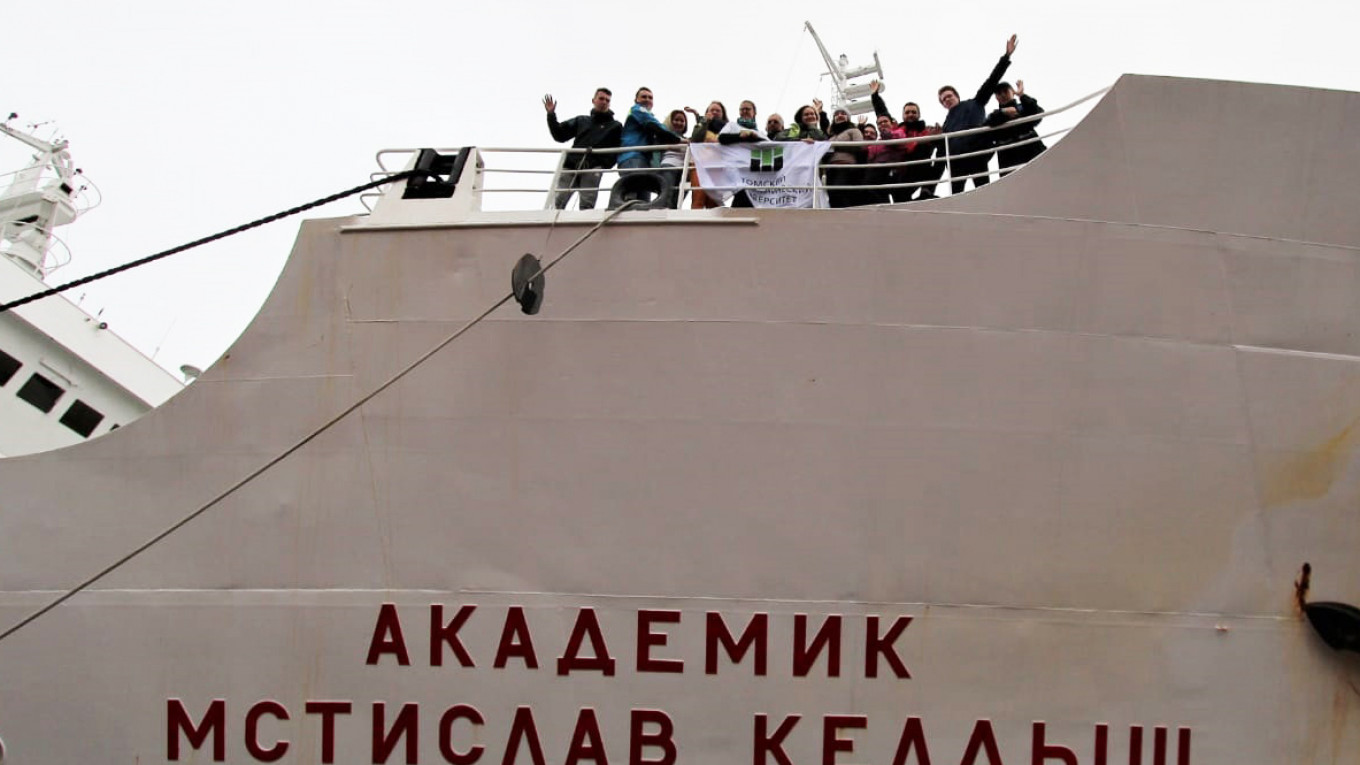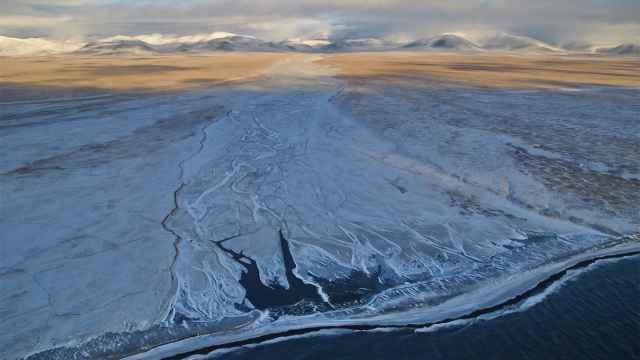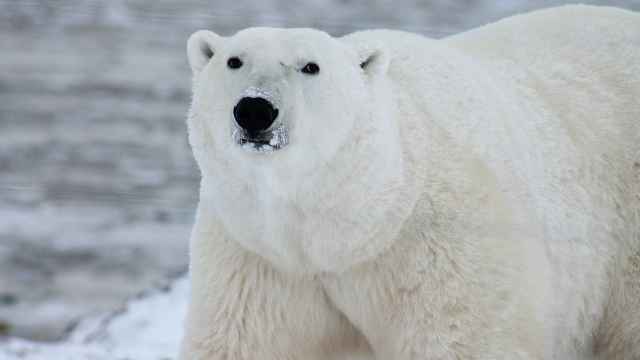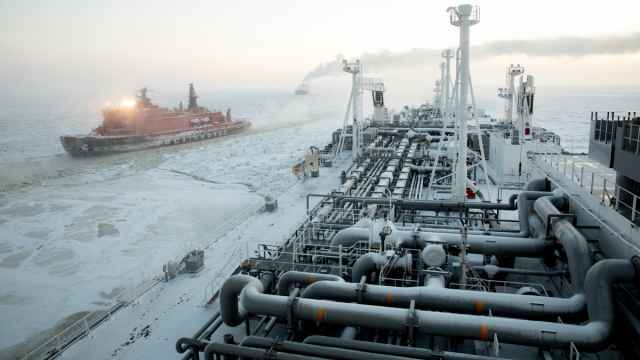A group of Russian scientists has revealed the first pictures of a massive fountain of methane gas bubbling from the sea floor in the eastern Siberian Sea.
During the 35-day expedition that started Sept. 21, the scientific expedition organized by Tomsk Polytechnic University (TPU) noticed a spot of emerald-colored water which turned out to be a record methane gas emission. Concentrations of the greenhouse gas — which can significantly influence the planet’s climate — were found to be up to nine times the global average.
"A new powerful region of massive methane discharge from bottom sediments has been formed in recent years," the members of the expedition said. "This indicates an abnormally high rate of permafrost degradation."
The fountain covers an area between 4 and 5 meters. According to the researchers, the methane discharge field’s dimensions have grown several times since 2014 when the survey was last performed.

The water was boiling with methane bubbles so violently that the scientists had to use buckets to collect the gas instead of the special plastic cones normally used for sampling.
The expedition members said that the degradation of the underwater and coastal permafrost that surrounds the Arctic Ocean will lead to massive emissions of methane and carbon dioxide, the two biggest greenhouse gases that contribute to climate change.

During the expedition, researchers also studied the accumulation of various types of microplastics, one of the most dangerous pollutants for living organisms.
A Message from The Moscow Times:
Dear readers,
We are facing unprecedented challenges. Russia's Prosecutor General's Office has designated The Moscow Times as an "undesirable" organization, criminalizing our work and putting our staff at risk of prosecution. This follows our earlier unjust labeling as a "foreign agent."
These actions are direct attempts to silence independent journalism in Russia. The authorities claim our work "discredits the decisions of the Russian leadership." We see things differently: we strive to provide accurate, unbiased reporting on Russia.
We, the journalists of The Moscow Times, refuse to be silenced. But to continue our work, we need your help.
Your support, no matter how small, makes a world of difference. If you can, please support us monthly starting from just $2. It's quick to set up, and every contribution makes a significant impact.
By supporting The Moscow Times, you're defending open, independent journalism in the face of repression. Thank you for standing with us.
Remind me later.







